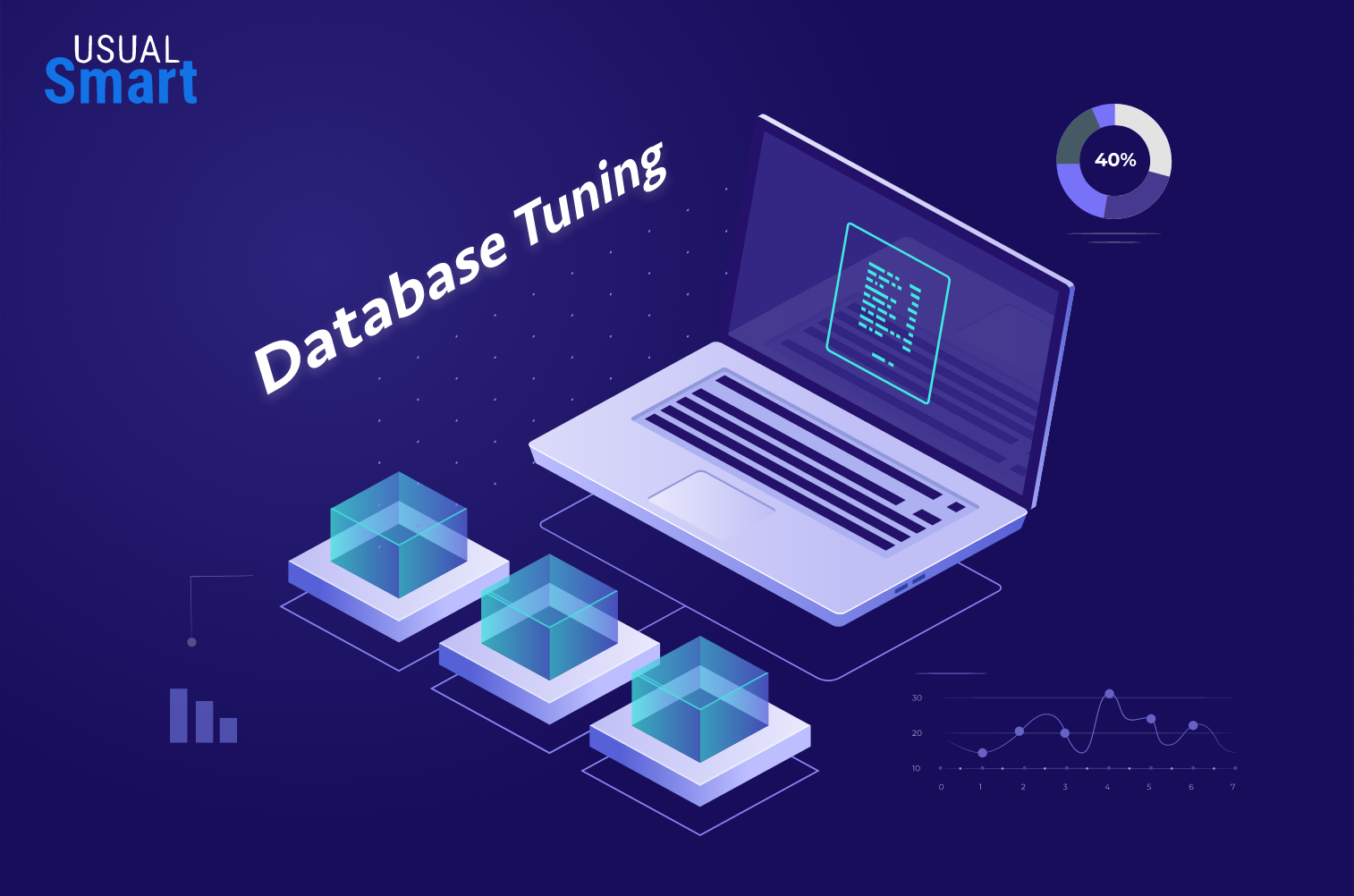7 Database Performance Tuning Best Practices

Posted by: Sherin / Posted on: August 15, 2021
There are multiple departments in an organization that work synchronously to deliver results. To extract accurate results operations need to be meticulously executed to derive best output. For this, database performance tuning becomes pivotal to improve the performance and make the business thrive seamlessly.
Database performance tuning is a chief element of the process execution that fetches quick results and evades lagging of the progress. It optimizes the performance by effective indexing, well-written query response or apt configuration of database. Since maintaining an apt performance of database is quite challenging measures can be taken to augment its performance with stringent measures. It marks database performance tuning necessary and makes the query comprehensive to derive results.
One database performance tuning measure might not be effective for all processes since the configuration and framework for each purpose is different. Therefore, one must get in the prototype of different requirements and tweak the process accordingly to fetch optimal results. Here we are putting seven best database performance Oracle to SQL tuning that infuses functionally fit novice to advanced practices.
- Status Monitoring: If your database was operating smoothly before but its performance has slowed down check the status of your database as in whether your database is running effortlessly or not. To achieve this, run SQL command SQL> Select Open_Mode from V$Database; to check the status of your database. Apart from this you also need to check the status of your Listener status for seamless operation.
- Check Logs: Alert and trace logs have checkpoints to trace factors administering why the database performance is slow. You can trace the alert logs to detect a problem with the log files. In addition to alert logs, you can also go through trace logs with which you might come across factors that reveal why the database performance is slow.
- Trace Top Activities: By tracing top activities viz. Update query, Insert query, Select query and more you can find out which is the tool that is consuming maximum memory from the application and take apt measures to combat the situation. You can also use OEM i.e. Oracle Enterprise Management tool to find out the top activities and trace which of them are using maximum memory space.
- Alter Queries Methodically: Modify queries one at a time to reduce overhead of operations. When one change is made gradually in the go there is an efficient track of performance. You can start with the heftiest operations in the beginning and then transit accordingly to meet the agenda.
- Overcoming Locking: This can be avoided by having apt number of indexes to accelerate the query performance but not so many that can create deadlock in the process. Also, one more plan is to access the queries in the same order each time which can prevent the deadlock from occurring and make the database performance tuning faster and accurate.
- Hardware Issues: As the organization grows the number of active users also increases implying the database size increase and therefore hardware usage increases. It is obvious the growth in these factors permeates a growth in the hardware size and therefore, the performance slows down. To beat this situation it is best to additionally upscale the hardware and CPU size and keep the business going seamlessly.
- Maintain the Query: If the query written for the application is not apt it can lead to lagging of the system and database performance which in turn affects the business. This can be overcome by brainstorming and coming up with less complex queries that fetch quick results without delving into too jumbled-up scenarios and delivering an agile methodology approach.
These were few optimal ways in which the database performance tuning can be improved and taken to a next level to keep the business thriving on the go. Database performance tuning is pivotal since all leading customer-centric businesses deal with huge databases so they need to be optimized to fetch optimum results.
To learn more stay tuned for our next informative blog, till then, Ciao!